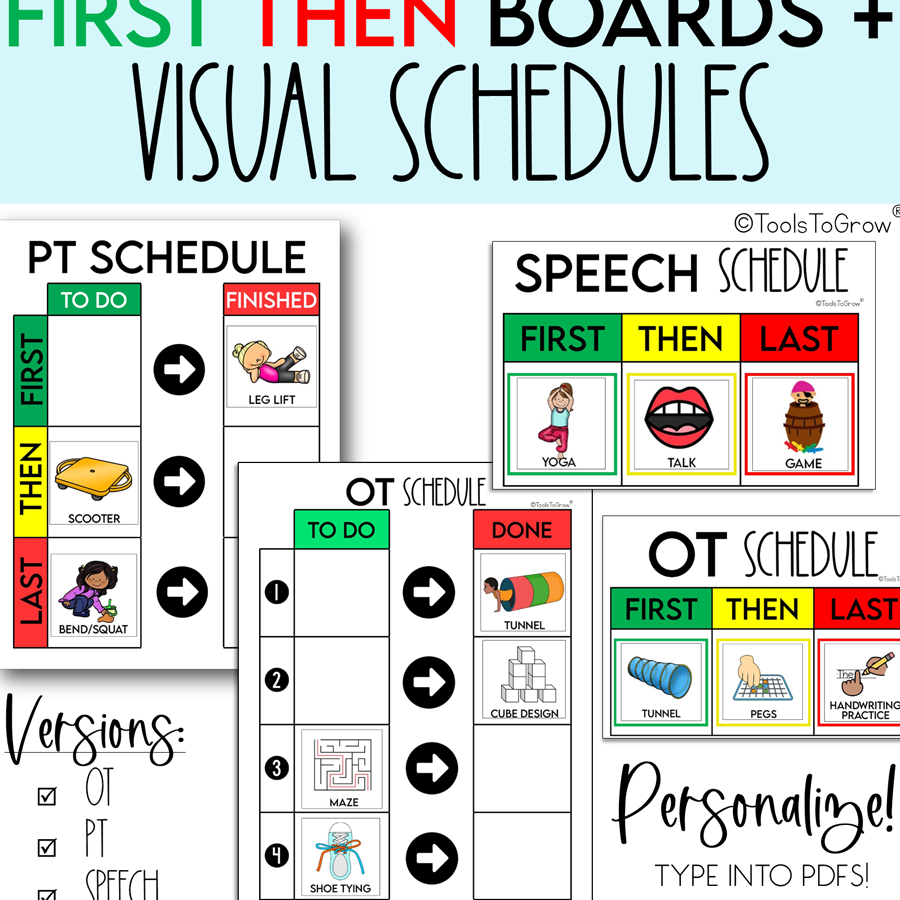Ominous as it sounds, the assessment centre, which forms a crucial recruitment stage for a large majority of school leaver and graduate business and finance roles, really shouldn’t have you quaking in your shiny little interview-best shoes.
This is your chance to impress! The best way to take on this day-long gauntlet of tests and assessments is to view it as your chance to show your prospective employee you’ve got exactly what it takes to work for them. Here are five top tips to help you on your way:
1. Don’t neglect your company research
You’ve battled through the online assessment, online tests and possibly a telephone interview to get this far, but don’t forget to make sure you know your stuff when it comes to your company research.
At the assessment centre it’s never been more important to show you’ve got a thorough understanding of what the company does and how you would fit into their organisation. Be sure to cover points in your research such as the company turnover and net profit, any upcoming plans and some examples of current projects they’re known to be working on, and aspects of the market they work in.
The trick is to weave this knowledge into your answers in interview and at relevant points in assessments like the group exercises or the presentation. If you can show you’ve done the research and know the company, it’s a strong indication of your commercial awareness and a dedication a role with the company.
2. Familiarise yourself with the different tests and assessments
There are a number of tests you’ll face during the assessment day. One of the best things you can do is bust “The Fear” by getting to know the format of the kinds of things you’ll be tested on and what is expected of you.
There are often psychometric tests, designed to assess whether you have a suitable personality to work in business and finance; verbal reasoning and numerical reasoning tests; a presentation stage, a group activity or two, and the interview. The company’s recruitment website pages sometimes have examples of the types of assessments they use and their own tips for success; and sometimes the odd practice paper is available.
Talk to anyone you know who has gone through the assessment centre process (networking events through your university, insight days, placements and finance internships can be a perfect way to rack up your contacts) and find out about their experiences of their assessment days so that you’ve got an idea of what to expect.
3. Think of the impact of your actions from different perspectives
“Give an example of a time when…” questions are bound to pop up at some stage throughout the assessment centre day. It’s not about simply the fact that “you met a deadline on time”; you need to show understanding of the impact it had on other parties, for example other members of your team, the department, and the client. How did you go out of your way to ensure you had catered for each party’s needs?
Jot down specific examples of times when you’ve demonstrated things that the interviewers will be looking for, for example communication skills or team work skills, and have them at the ready to drop on the day!
4. Listen carefully to instructions, questions, and your fellow assessment centre candidates
You may know what to expect on the assessment centre day, but that doesn’t mean that you shouldn’t listen carefully to all instructions and questions posed to you during the interview. The interviewers are interested to see how you process information. If you’re not quite sure of something, there’s no harm at all in asking for the question to be repeated, or whether it could be phrased in a different way to ensure you five the most appropriate answer. That’s always better than an awkward silence!
What’s more, listen intently to whatever the other candidates contribute in group activities, engage with what they have to say, and encourage others to speak. This demonstrates effective team work and communication skills. (Another little tip: nobody likes a bossy boots in these scenarios, so it’s important that you speak up for yourself whilst giving others their opportunity to contribute too. Never talk over someone else!)
5. Be prepared to be caught off guard
These firms want sharp candidates, so it’s highly likely that at some point during the interview stage the interviewers will throw in a question or two that diverge quite a bit from the flow of the conversation. It’s a test to see how you cope when you’re a little out of your comfort zone.
For example, be prepared to talk about a “weakness”, such as a slightly lower grade in a particular subject than the rest on your CV, or a task you’ve struggled with. Get used to talking about things like this in a controlled manner and you’ll be prepared. It can even turn into some bonus points for you in an interview, especially if you can turn it into a positive by talking about it as an area for self-improvement or showing how you overcame something you had difficulties with. It shows you’ve really considered yourself as a candidate and can be flexible under some pressure.
Take heed, and good luck!

For years I have studied American finance regulations. All the information in this blog is sourced from official or contrasted sources from reliable sites.
Salesforce Certified SALES & SERVICE Cloud Consultant in February 2020, Salesforce Certified Administrator (ADM-201), and Master degree in “Business Analytics & Big Data Strategy” with more than 13 years of experience in IT consulting.
